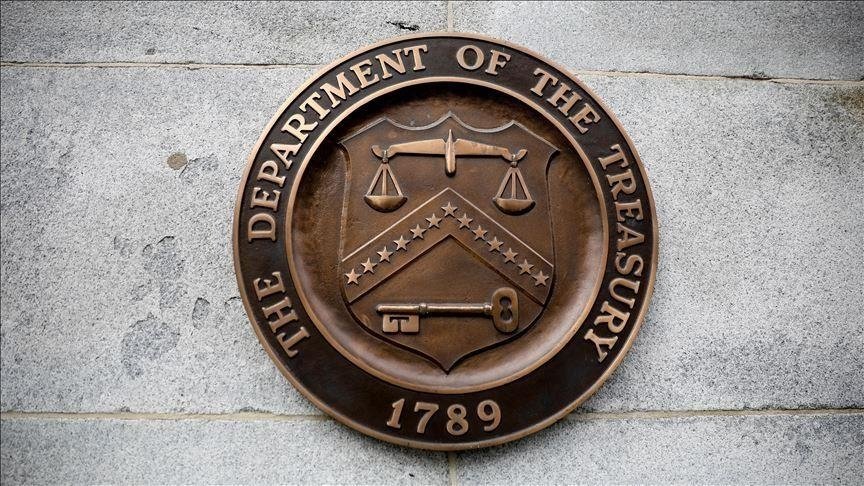US Debt Default
Preparing for a possible US debt default is a prudent step given the potential economic and financial consequences.
JP Morgan (Rank#6) is advising clients to reduce their exposure to equities and hold onto cash due to several factors, many under the volatile circumstances of the debt-ceiling negotiations,.
JP Morgan have reduced their allocation to stocks and corporate bonds while increasing their stake in cash by 2%. The analyst has also adjusted their commodities portfolio, and have shifted from energy to gold, as safe-haven demand hedge against a default.
JP Morgan’s analysts were bullish on the market in 2022, has now done as 360 and reversed its perspective based on the deteriorating economic outlook and immediate risks. JPMorgan’s hasd been selling equitys since late 2022, basing the move on the disconnect between equity markets and bond markets, alongside the weakening economic data, and the default associated risks.
The gap that exists between the market’s expectation of potential rate cuts by the Federal Reserve, and the actuality of that fact coming into effect. JP Morgan still believes that higher rates are possible and could weigh on equity multiples and economic activity, leading to a sharp correction in equity prices.
What to do? Steps You Can Take!
- Stay informed: Follow reliable news sources and stay updated on the latest developments regarding the US debt situation. This will help you understand the potential impacts and adjust your plans accordingly.
- Diversify your investments: Consider diversifying your investment portfolio to reduce exposure to any single asset class or country. This could involve investing in different asset types such as stocks, bonds, real estate, and commodities, as well as diversifying geographically by investing in international markets.
- Minimize debt exposure: Reduce your personal debt as much as possible. High levels of personal debt can make it challenging to navigate through economic uncertainties. Focus on paying off high-interest debts and consider refinancing options if available.
- Maintain a cash reserve: Keep a sufficient amount of cash in a safe and easily accessible account. This will provide you with a financial buffer in case of disruptions in the financial system or a temporary loss of access to certain funds.
- Evaluate your financial obligations: Review your financial commitments and prioritize essential expenses. Identify areas where you can potentially reduce discretionary spending or renegotiate terms of loans or contracts.
- Seek professional advice: Consult with a qualified financial advisor or planner who can offer personalized guidance based on your specific financial situation and goals. They can help you develop a comprehensive strategy to mitigate risks associated with a potential debt default.
- Evaluate potential investments: During periods of financial uncertainty, certain investments may be more resilient than others. Consider assets that historically perform well during economic downturns, such as gold, defensive stocks, or stable dividend-paying companies. However, it’s crucial to conduct thorough research or consult with a professional before making any investment decisions.
- Monitor government actions: Keep an eye on any measures or policies that the government may implement to address the debt default situation. Governments often take steps to manage and mitigate the impact of such crises, and being aware of these actions can inform your decision-making process.

STA Research (StockTargetAdvisor.com) is a independent Investment Research company that specializes in stock forecasting and analysis with integrated AI, based on our platform stocktargetadvisor.com, EST 2007.

































